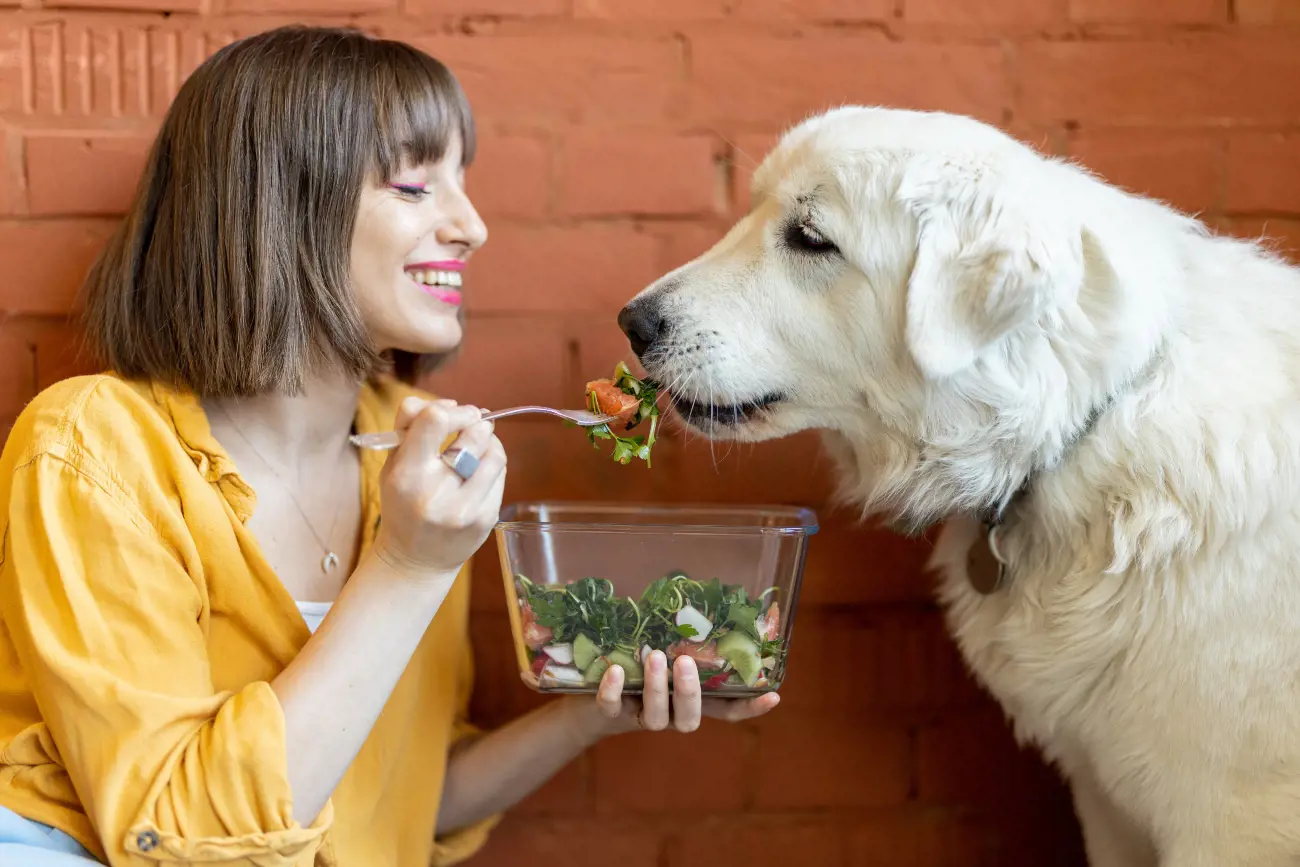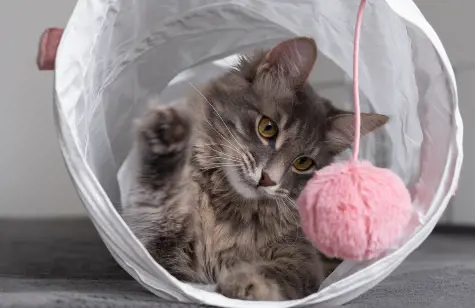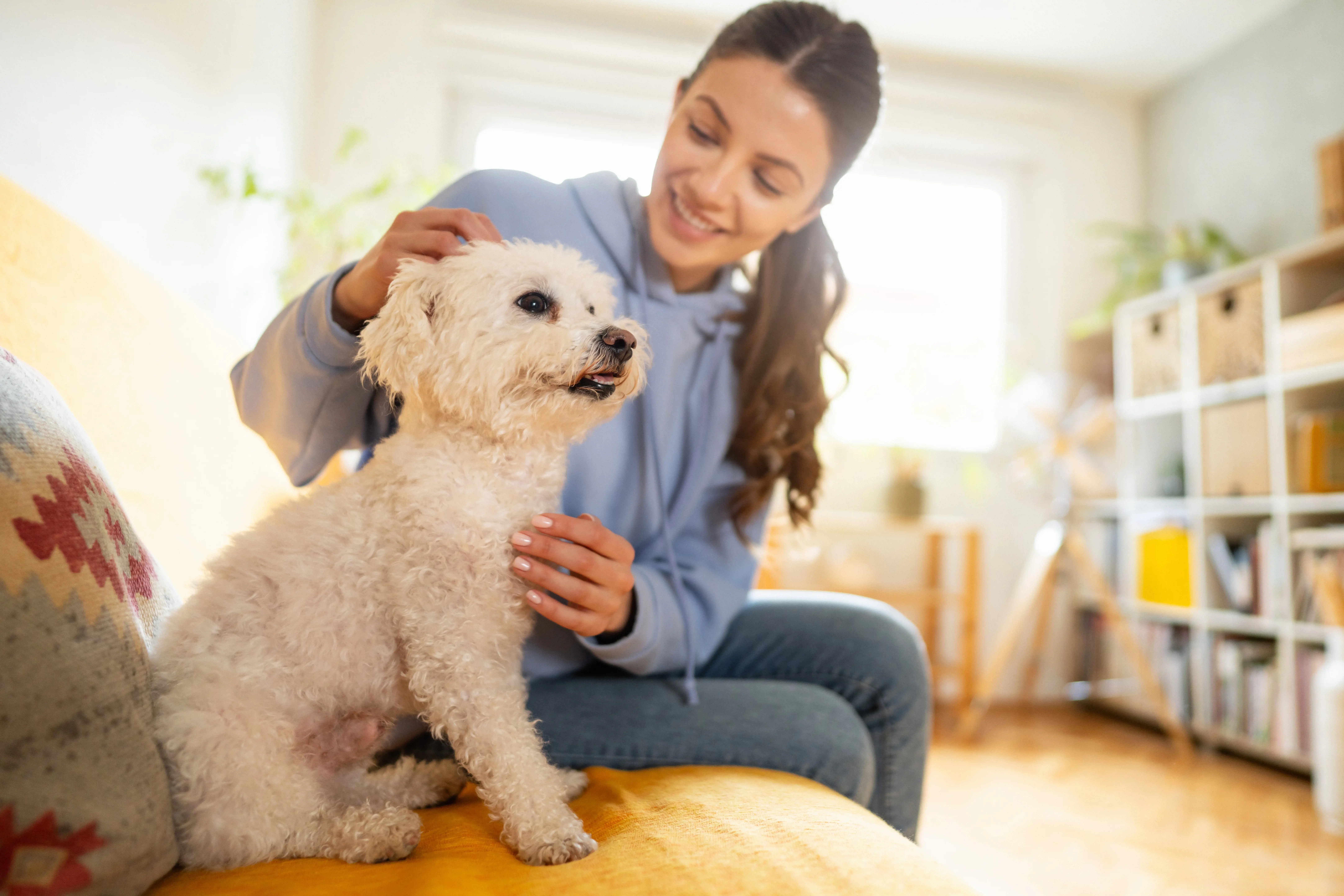The ultimate guide on how to protect your dog from grass seeds
22nd January, 2024
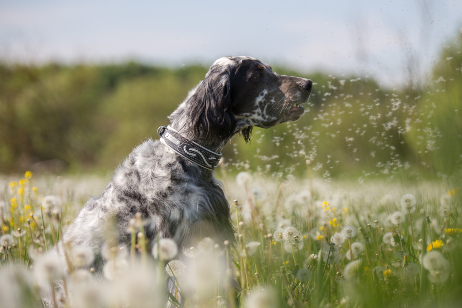
Grass seeds are a common problem for dogs, especially during the summer months. These seeds can cause a range of health problems in your furry friend, from minor irritation to serious infections and severe pain.
In this ultimate guide, we'll cover everything you need to know about protecting your dog from the dangers of grass seeds.
Introduction to grass seeds and their dangers to dogs
Grass seeds, also known as foxtails, can be found in many grassy areas, including parks, fields, and gardens.
They are especially prevalent during the warmer months when grasses are in their seeding phase. The sharp, barbed seeds can easily become lodged in your dog's paw, fur, eyes, ears, and nose, causing a range of health problems.
Common types of grass seeds and how they can harm dogs
There are several types of grass seeds that can harm dogs.
The most common are:
1. Barley grass seeds
Barley grass seeds are the most common type of grass seed that can harm dogs. They have sharp barbs that can easily become lodged in your dog's paw, fur, ears, and nose. If left untreated, they can cause serious infections and even lead to surgery.
2. Foxtails
Foxtails are another common type of grass seed that can harm dogs. They have long, sharp awns that can burrow into your dog's body, causing infections and abscesses. They can also become lodged in your dog's ears, eyes, and nose, causing serious health problems.
3. Burrs
Burrs are another type of grass seed that can harm dogs. They have small hooks that can become lodged in your dog's fur, causing matting and extreme irritation. If left untreated, they can lead to infections and other health problems.
Signs and symptoms of grass seed-related problems in dogs
It's advised that dog owners are able to recognise the signs and symptoms of grass seed-related problems in dogs, so you can take action before the problem becomes serious.
Some common signs and symptoms include:
- Limping or lameness
- Swelling or redness
- Scratching or shaking of the head
- Excessive licking
- Sneezing or coughing
- Discharge from the eyes, ears, or nose
- Difficulty breathing
- Loss of appetite
- Vomiting or diarrhoea
How to prevent grass seed-related problems in dogs
Prevention is the best way to protect your dog from a grass seed injury. Here are some tips to help you prevent grass seed-related problems in your furry friend:
- Keep your dog's coat short: Keeping your dog's coat short, especially during the summer, can help prevent grass seeds from becoming lodged in their fur. Regular grooming can also help remove any seeds that do become lodged.
- Avoid walking your dog in grassy areas: If possible, avoid walking your dog in grassy areas during the summer months when grasses are in their seeding phase. Stick to paved or gravel paths instead.
- Use protective clothing: Consider using protective clothing, such as boots or a mesh vest, to protect your dog from grass seeds during walks in grassy areas.
- Make your garden safer for your dogs: Having a safe space for your pets this summer will be a big help in preventing a grass seed problem. Check out our article on how to create a pet-friendly garden for your dogs.
Tips for protecting your dog during walks in grassy areas
If you do need to walk your dog in grassy areas, here are some tips to help protect them from grass seed problems:
- Keep your dog on a leash: Keeping your dog on a leash can help prevent them from running through grassy areas affected by grass seeds.
- Check your dog's paws, ears, and nose: After every walk, check your dog's paws, ears, and nose for any signs they have a grass seed stuck. Feel in between pads and other curves, and use a comb or brush to remove any seeds that you find.
- Consider using a grass seed repellent: There are several grass seed repellents available that can help prevent grass seeds from becoming lodged in your dog's fur. Talk to your vet about which one is right for your furry friend.
How to check your dog for grass seeds and what to do if you find one
Checking your dog for grass seeds is an important part of preventing grass seed-related problems. Here's how to check your dog for grass seeds and what to do if you find one:
1. Check your dog's coat
Start by checking your dog's coat for any signs they have a grass seed stuck somewhere. Use a comb or brush to carefully remove any seeds that you find.
2. Check your dog's paws
Carefully check your dog's paws in between the pads for any signs of grass seeds. This is the most common area for seeds to become lodged.
3. Check your dog's ears, eyes, and nose
Use a flashlight to carefully check your dog's ears, eyes, and nose for any signs of grass seeds. If you find a seed, do not try to remove it yourself. Instead, take your dog to the vet.
Grass seed-related conditions in dogs and how to avoid them
Grass seeds can be a serious problem for dogs in the UK, especially during the summer months. Here are some hazards to be aware of and how to avoid them:
Ear infections
Grass seeds can become lodged in your dog's ear canals, causing ear swelling, infections and other health problems. To avoid this, maintain good ear health: keep your dog's ears clean and dry, and check them regularly for any signs of grass seeds.
Eye problems
Grass seeds can also become lodged in your pet's eye, causing irritation and other health problems.
To avoid this, avoid walking your dog in areas with long grass and use protective clothing, such as goggles or a mesh vest.
Skin infections
Grass seeds can burrow into your dog's skin, causing infections and abscesses.
To avoid this, keep your dog's coat short and check them regularly for any signs of grass seed injuries.
Home remedies for treating grass seed problems in dogs
If you do find a grass seed lodged in your dog's skin, there are several home remedies that you can try.
Here are some of the most effective:
- Soaking in Epsom salt: Soaking the affected area in Epsom salt can help draw out the grass seed and reduce inflammation.
- Applying a warm compress: Applying a warm compress to the affected area can help reduce inflammation and soothe sore skin.
- Using a saline solution: Using a saline solution to clean the affected area can help prevent infection and promote healing.
When to seek professional veterinary care for your dog
While home remedies can be effective for minor grass seed-related problems, it's advised to seek professional veterinary care if the problem becomes serious.
It may be time to consult a professional if your dog shows signs like:
- The affected area is red, swollen, or painful
- Your dog is limping or showing signs of lameness
- Your dog is scratching or shaking their head excessively
- Your dog is having difficulty breathing
If left untreated, they can lead to severe infections and other complications.
To diagnose these injuries, veterinarians may use a CT scan, which provides detailed images of the affected area.
Treatment typically involves surgery to remove the grass seed and any associated infection. Prompt treatment is essential in preventing further complications and ensuring a quicker recovery for your furry friend.
Keeping your dog safe from the dangers of grass seeds
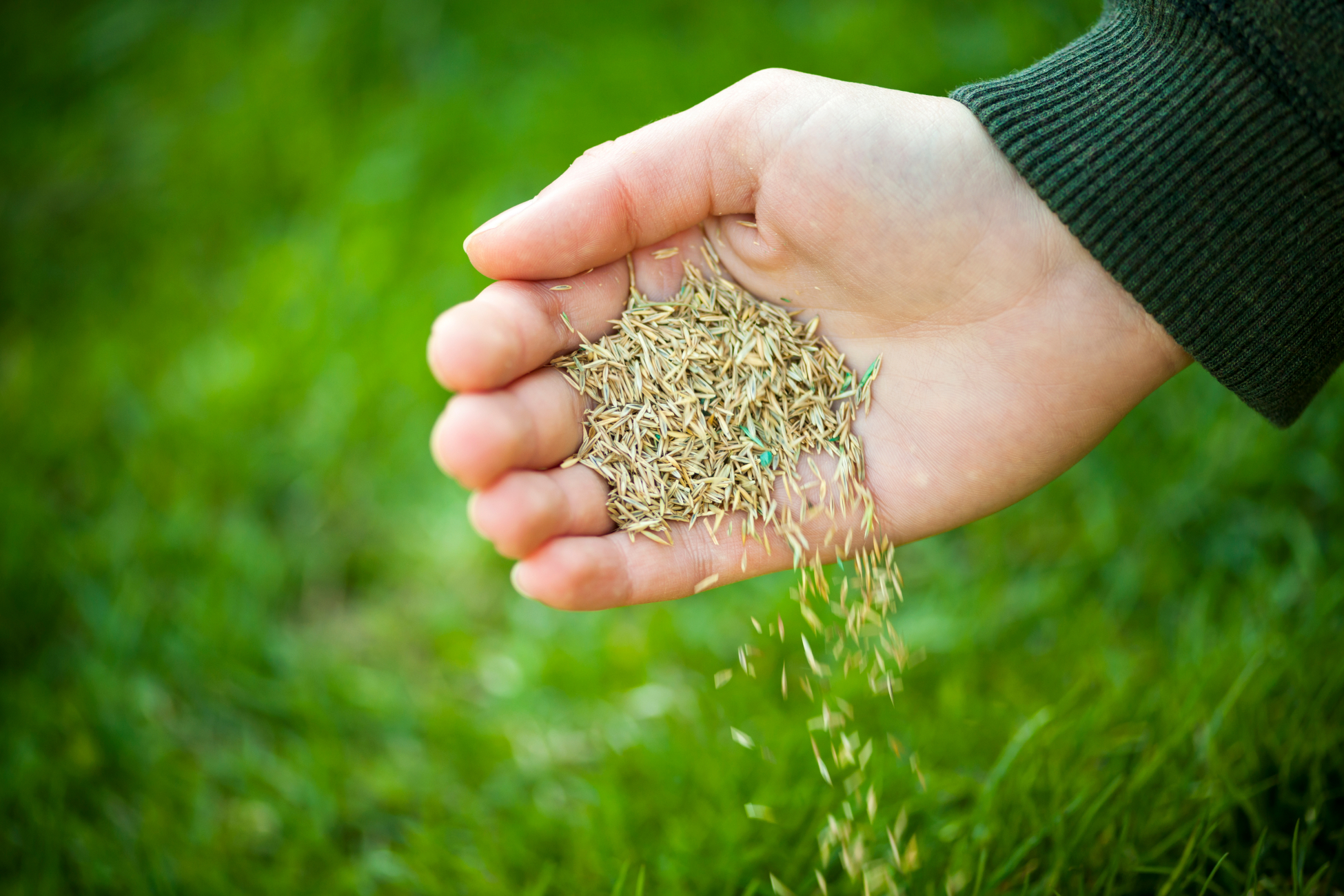
Grass seeds can be a serious problem for dogs, but with the right precautions, you can keep your furry friend safe and healthy. By following the tips in this ultimate guide, you can protect your dog from the dangers of grass seeds and enjoy worry-free walks in grassy areas.
Don't forget to get a pet insurance quote for your furry friend to keep them protected in case of unexpected accidents or illnesses. You can get a quote through our website or if you would like to talk to one of our pet insurance team, you can get in touch with us on 0330 102 5748.
Helpful Pages
Recent Posts
Pet Insurance Quote
- 98% claims paid *
- Claims paid directly to vets
- 24/7 vet video consultations
- Interest free monthly payments

